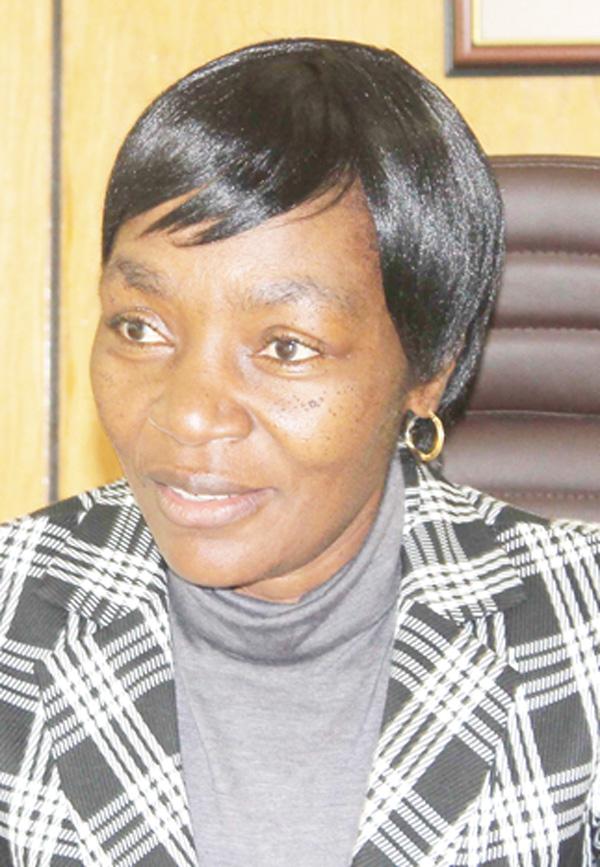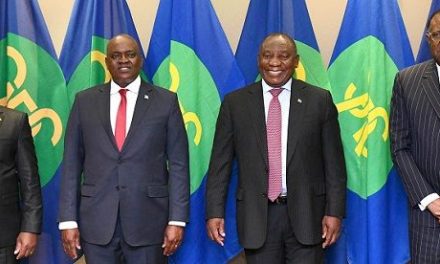
Legal drafting of PPP framework starts

The legal drafting of the Public Private Partnership (PPP) bill is set to be completed in the next two to three months, according to the Permanent Secretary in the Ministry of Finance, Ms Ericah Shafudah.
This process be followed by a submission of the draft bill to the Attorney General, she added.
The Economist got wind of the development of the PPP bill recently in conversation with an Areva Namibia staff member when it visited its desalination plant in the Erongo Region a month ago. Areva is eagerly awaiting the finalisation of the the PPP law to support its efforts of rationalising its Namibian operations.
Responding to an enquiry by the Economist, Shafudah indicated that her ministry had prepared a draft of the Public Private Partnership policy. “The Ministry of Finance has prepared a draft of the PPP Bill after extensive external and internal consultations and reviews. The Draft PPP Bill has received approval in principle from the Cabinet, and the Draft was approved by the Cabinet Committee on Legislation (CCL). The Draft PPP Bill, after incorporating comments of the CCL, was submitted by the Ministry of Finance to the office of the Chief Legal Drafter in March 2016.”
“We hope that the process of legal drafting is completed over the next two to three months. This shall be followed by submission of the Draft Bill to the office of the Attorney General,” Shafudah stated.
She added that while a Public Private Partnership policy was already in place, the act would build upon the policy. “Namibia already has a comprehensive PPP Policy that was approved by the Cabinet in 2012, to this extent we already have clear guidance on policy and institutional mechanisms relevant for PPP projects. The PPP Act shall build on the PPP Policy and define clear and binding responsibilities for various stakeholders in a PPP project development process. The PPP Act shall also enable the PPP Committee (hosted at the Ministry of Finance) to release regulations to clarify and govern important aspects related to PPP projects,” adding that the absence of a PPP framework did not hold back the government from proceeding with preparations to award PPP contracts.
Said Shafudah, “to clarify, the present absence of a PPP law in the country does not hold back the ability of the government to proceed with preparation or contracting of PPP projects. Robust and legally binding PPP project contracts can presently be entered into while following the guidance provided under the PPP Policy.”
Currently, the Ministry of Finance has constituted a PPP unit, which is headed by a Director and has an overall approved staff compliment of nine officials. At present a total of five staff members have been recruited including three that are due to join in the July/August period.
A PPP framework was first mooted in 2014 when current finance minister Hon Calle Schlettwein, who then served as Permanent Secretary in the then Ministry of Trade and Industry, stated that a framework was in the planning stages.
Commenting at the time during a workshop held, he said, “Such a policy framework might be advantageous for some service provision and for developing Namibia’s infrastructure.”












































